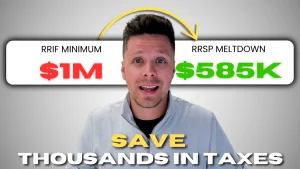[vc_row][vc_column][vc_video link=”https://youtu.be/NAx9dCN8dtk” css=”.vc_custom_1673223505786{padding-top: 20px !important;padding-bottom: 20px !important;}”][/vc_column][/vc_row][vc_row][vc_column][vc_column_text]It’s the beginning of December, and Bob has purchased a rental property from his brother. Imagine how unfair it would be if Bob had to pay tax on his brother’s rental income for the entire year.
Fortunately for Bob, that’s not the case, but this can happen when you purchase an investment in a non-registered account.
Today, we’ll look at the dangers of buying an investment in your non-registered account at the end of the year.
Timing Your Investment Purchase
Several Mutual Funds and ETFs pay distributions made up of dividends and capital gains at the end of the year. If you own these investments in a non-registered account, a portion of the distribution may be taxable to you.
You might be asking, why do these funds payout distributions if fund holders will have to pay tax on them? These distributions are paid because if they weren’t, the funds would have to pay tax on them, and they are taxed at the highest personal tax rate.
Most investors are taxed at a lower marginal tax rate, resulting in lower overall taxes paid. So, it’s actually in investors’ best interest to pay the taxes personally as the fund should have better performance.
However, if you know this tax bill is coming, it may make sense to avoid it. Let’s run through an example.
Connie has been following the XYZ Fund for several months. It’s been performing great all year, and she’s decided to purchase $500,000 of XYZ Fund on Dec 1st.
Since Connie purchased the XYZ fund, it hasn’t performed, and her investment has fallen to $475,000. On Dec 30th, the XYZ Fund pays a distribution of $15,000, made up of capital gains and dividends.
At this point, Connie’s investment is down $25,000, and she must now pay tax on the $15,000 distribution. Even though these gains and dividends were generated before Connie owned the fund, she will still need to pay tax on the distribution.
It’s one thing to pay taxes when you’ve made money, but it hurts even more if you haven’t made any.
Before buying a Mutual Fund or ETF in your non-registered account, it’s crucial to determine if the investment will pay a taxable distribution. You may be better off purchasing the investment after the distribution has been paid, so you don’t have to pay the tax on someone else’s profit.
Regarding buying investments in your TFSA or RRSP at the end of the year. There is no impact, as no taxes are payable on any distributions.[/vc_column_text][/vc_column][/vc_row]






